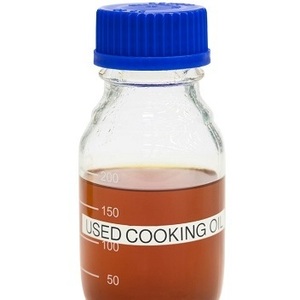Neste closes acquisition of US-based Mahoney Environmental

Photo: Neste Corp.
May 4, 2020
BY Neste Corp.
In March, Neste announced that it would acquire Mahoney Environmental, a leading collector and recycler of used cooking oil in the U.S., and its affiliated entities. The acquisition has been approved by regulatory authorities, and the deal has been closed.
“The completion of this transaction is an important step forward in delivering on Neste’s growth strategy in renewables and in strengthening our global renewable raw material platform, building on the company’s acquisition of Dutch animal fat trader IH Demeter in 2018,” said Peter Vanacker, president and CEO of Neste. “I am happy to welcome Mahoney personnel to our joint journey on creating a healthier planet for our children.”
Neste’s feedstock strategy is focusing on waste and residues growth and the development of new feedstock sources. The company is targeting 100 percent waste and residues share by 2025. Mahoney Environmental is an important partner for Neste to achieve this goal, as it already has access to a substantial volume of used cooking oil with room to grow across North America.
Advertisement
Mahoney’s unique, integrated business model sets it apart from competitors. Alongside used cooking oil collection and recycling, Mahoney also provides cooking oil equipment installation and design, fresh oil delivery and grease trap cleaning.
Advertisement
Related Stories
Avfuel Corp., the leading independent supplier of aviation fuel and services, is expanding its sustainable aviation fuel (SAF) footprint with the addition of a new, strategic supply point in Denver, Colorado—the first of its kind in the region.
CVR Energy Inc. on July 30 reported its renewables segment achieved increased throughput during Q2 despite unplanned downtime but reported a net loss of $11 million. The company expects to retroactively claim the 45Z credit for volumes produced.
Total U.S. operable biofuels production capacity expanded in May, with gains for renewable diesel and a small decrease for ethanol, according to data released by the U.S. Energy Information Administration. Feedstock consumption was up.
SAF-producer XCF Global Inc. on July 28 announced it has signed an exclusive, non-binding indication of intent (IOI) with a renewable fuels infrastructure and feedstock solutions company based in the western U.S.
The abrupt closure announcement by Biox Corp. is the latest example of a failure to secure Canada's domestic energy supply, says Unifor. The Canadian energy union is advocating for simply regulatory changes that could help restart the facility.
Upcoming Events










